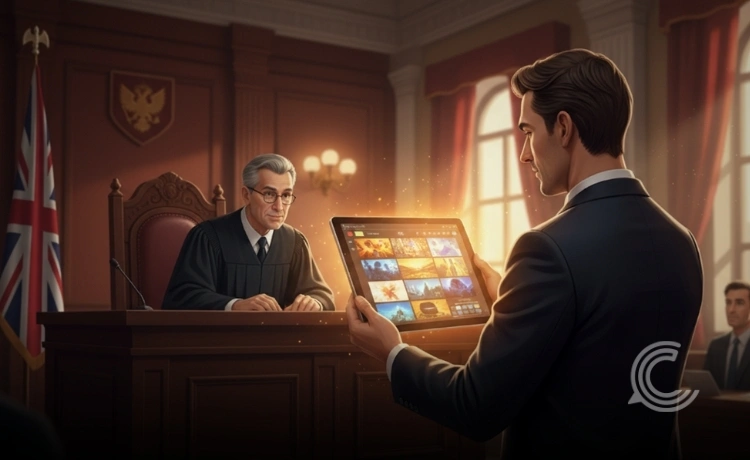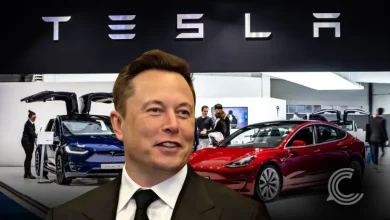Getty Images Loses Major UK Court Battle Over AI Image Generator

Key Highlights-
- UK court partially sides with Getty Images in landmark AI copyright case.
- Judge rules limited trademark infringement but dismisses copyright claim.
- Ruling sets early precedent for AI-generated content and creative rights.
In a landmark decision poised to reshape the landscape of copyright law for artificial intelligence, Getty Images has been largely unsuccessful in its high-stakes legal challenge against AI firm Stability AI.
London’s High Court delivered the verdict on Tuesday, an outcome closely watched by the global creative community that is expected to have far-reaching implications for the development and regulation of AI-generated content worldwide.
UK Court Issues Mixed Verdict in Getty Images vs Stability AI Case
The Seattle-based image licensing giant had accused Stability AI, the company behind the popular Stable Diffusion image generator, of unlawfully using millions of Getty-owned photographs to train its model.
Getty alleged that the AI system could reproduce its copyrighted works, amounting to both copyright and trademark infringement.
Partial Win, But a Narrow One
However, the case took a turn mid-trial when Getty Images withdrew part of its copyright claim, citing a lack of evidence on where the AI system was trained. The move limited the broader legal impact of the proceedings, as intellectual property experts noted that the absence of training data details weakened the case’s precedent value.
Judge Joanna Smith ruled that Getty succeeded “in part” on trademark infringement, acknowledging that Stability AI used Getty’s marks without proper authorisation, but said her findings were “historic and extremely limited in scope,” as reported by Reuters.
The court dismissed Getty’s secondary copyright infringement claim entirely.
Getty’s shares dropped 6.6% in premarket trading following the ruling, reflecting investor concern over the limited legal relief achieved.
Reshaping the Legal Boundaries of AI Creativity
Legal analysts view the ruling as a pivotal moment for creative and AI industries, marking the first significant test of intellectual property rights against AI training practices in the UK. While Getty’s partial loss narrows immediate implications, it opens larger debates around how copyright law should evolve as generative AI continues to use publicly available data.
Also Read | How Amazon’s OpenAI Deal Made Jeff Bezos $10B Richer Overnight
The case is also expected to influence future AI governance, as regulators in the UK, EU, and US weigh frameworks to balance technological innovation with fair use and creator compensation.
“This verdict showcases the gaps in existing copyright law when applied to AI,” said one intellectual property lawyer cited by Reuters. “It’s not the end of the debate, it’s just the beginning.”
Copyright Protection in the Age of AI
For creative professionals, the ruling highlights the urgent need for clearer boundaries between AI training data and protected artistic content. Companies like Getty Images are likely to continue lobbying for stricter copyright enforcement, while AI firms may seek new licensing agreements to pre-empt future litigation.
As the conversation around AI ethics, originality, and ownership deepens, the Getty–Stability case could serve as a template for upcoming global disputes from image generation to music and film synthesis.



